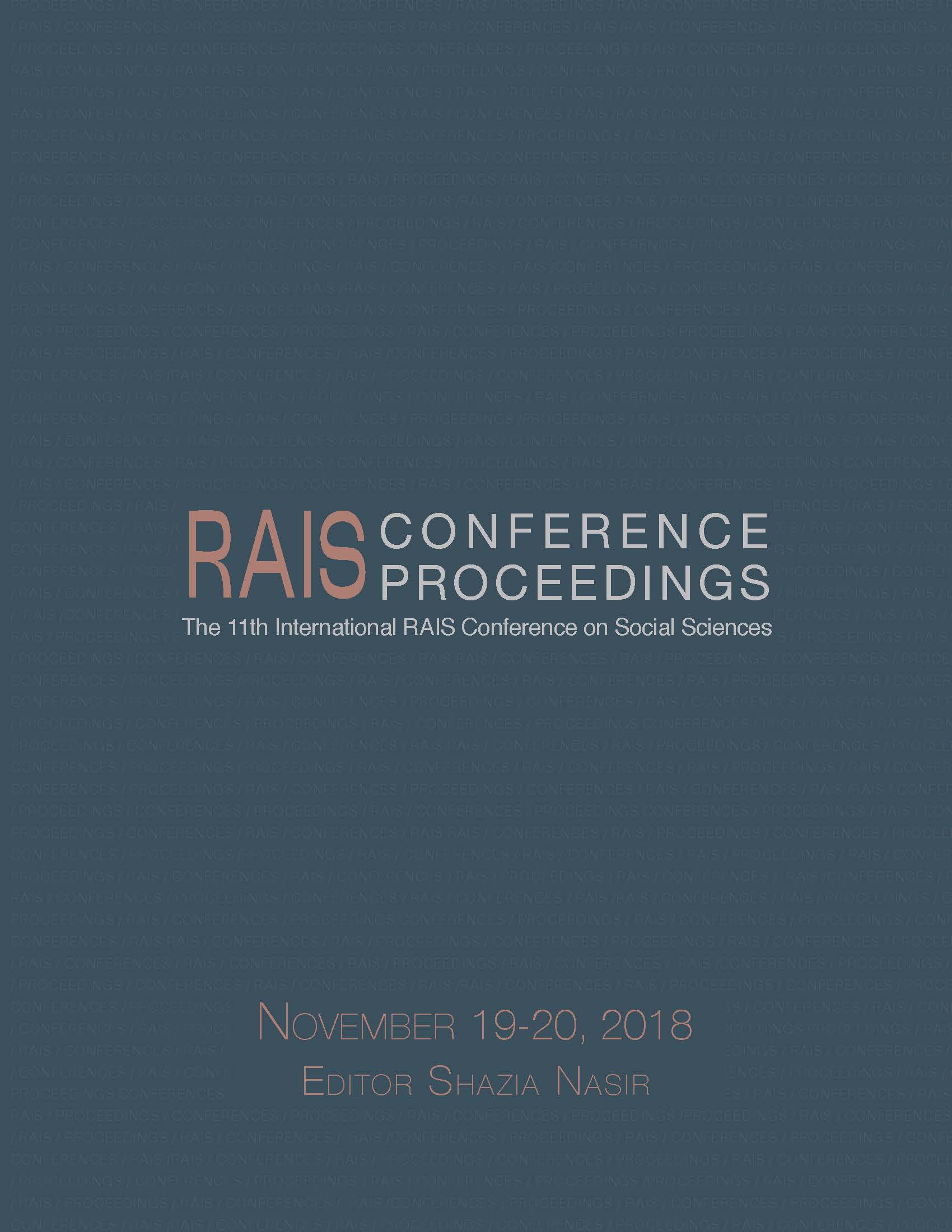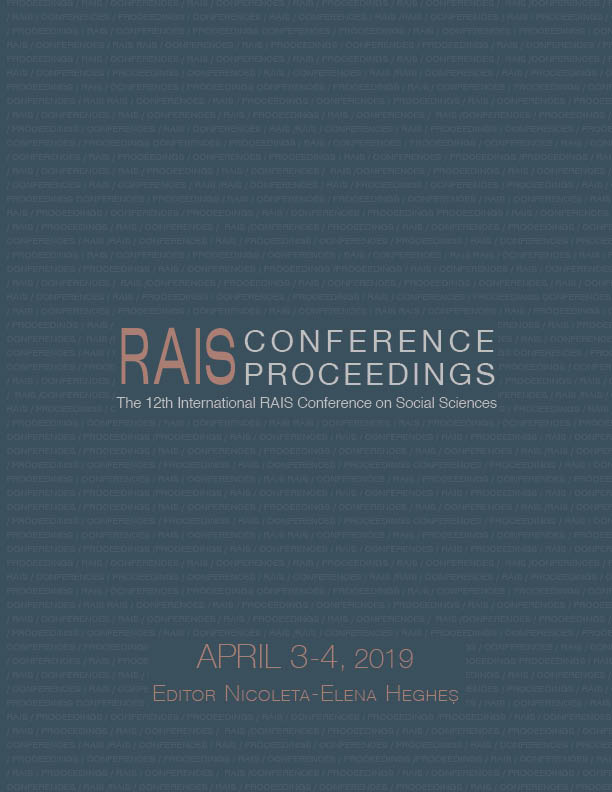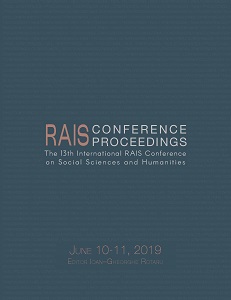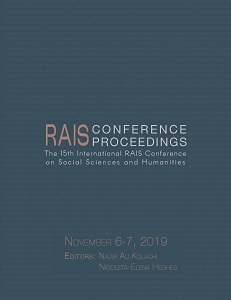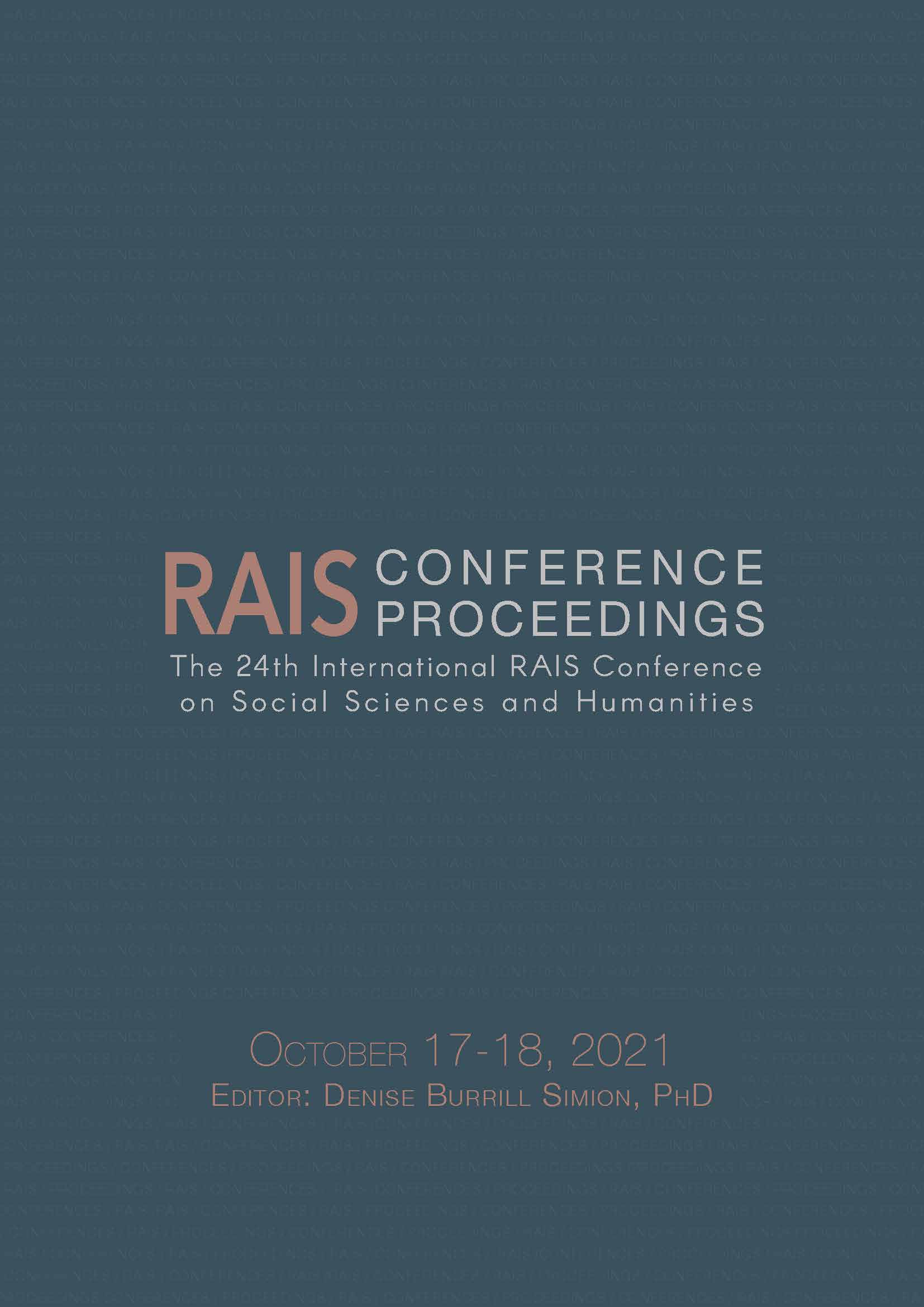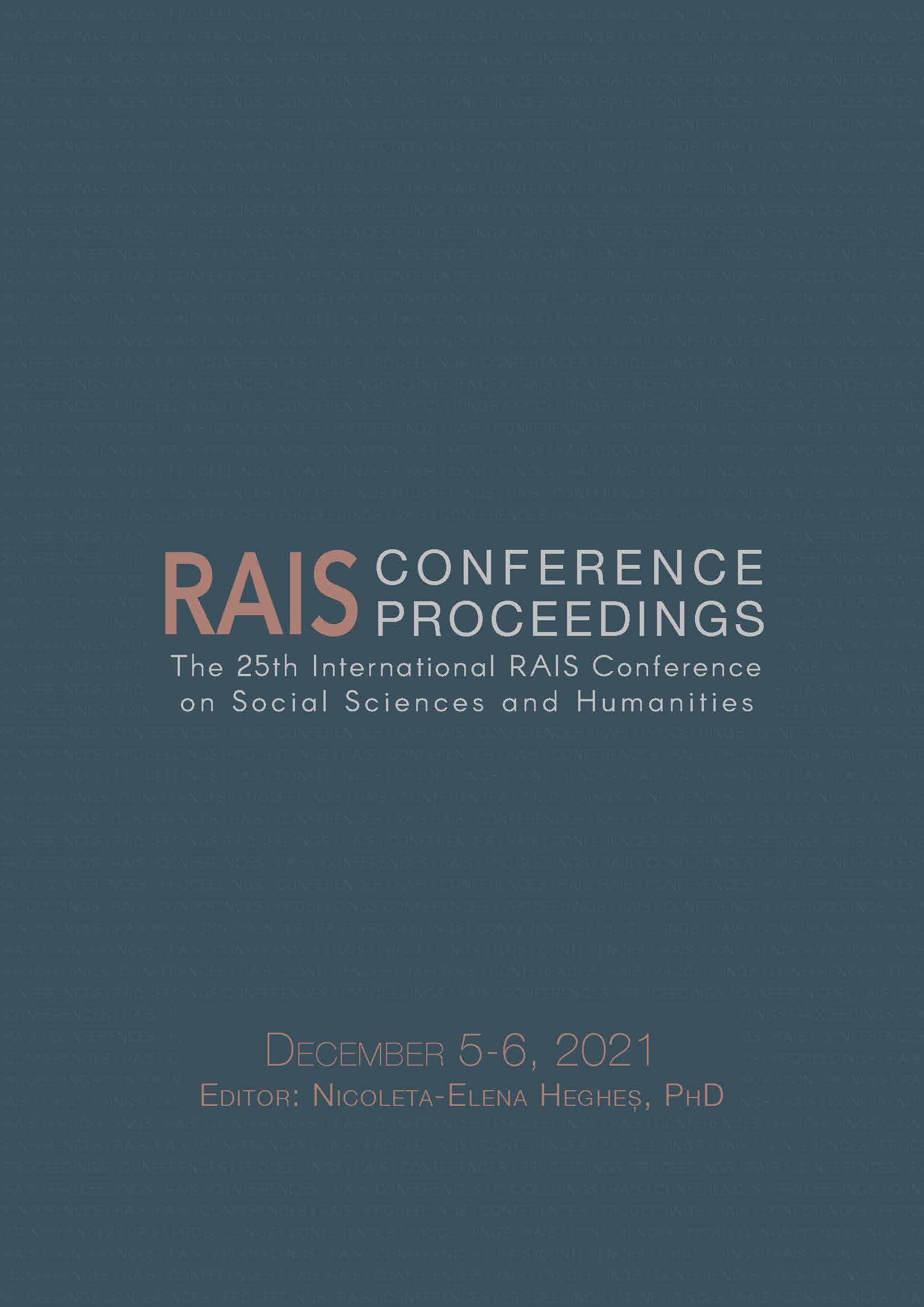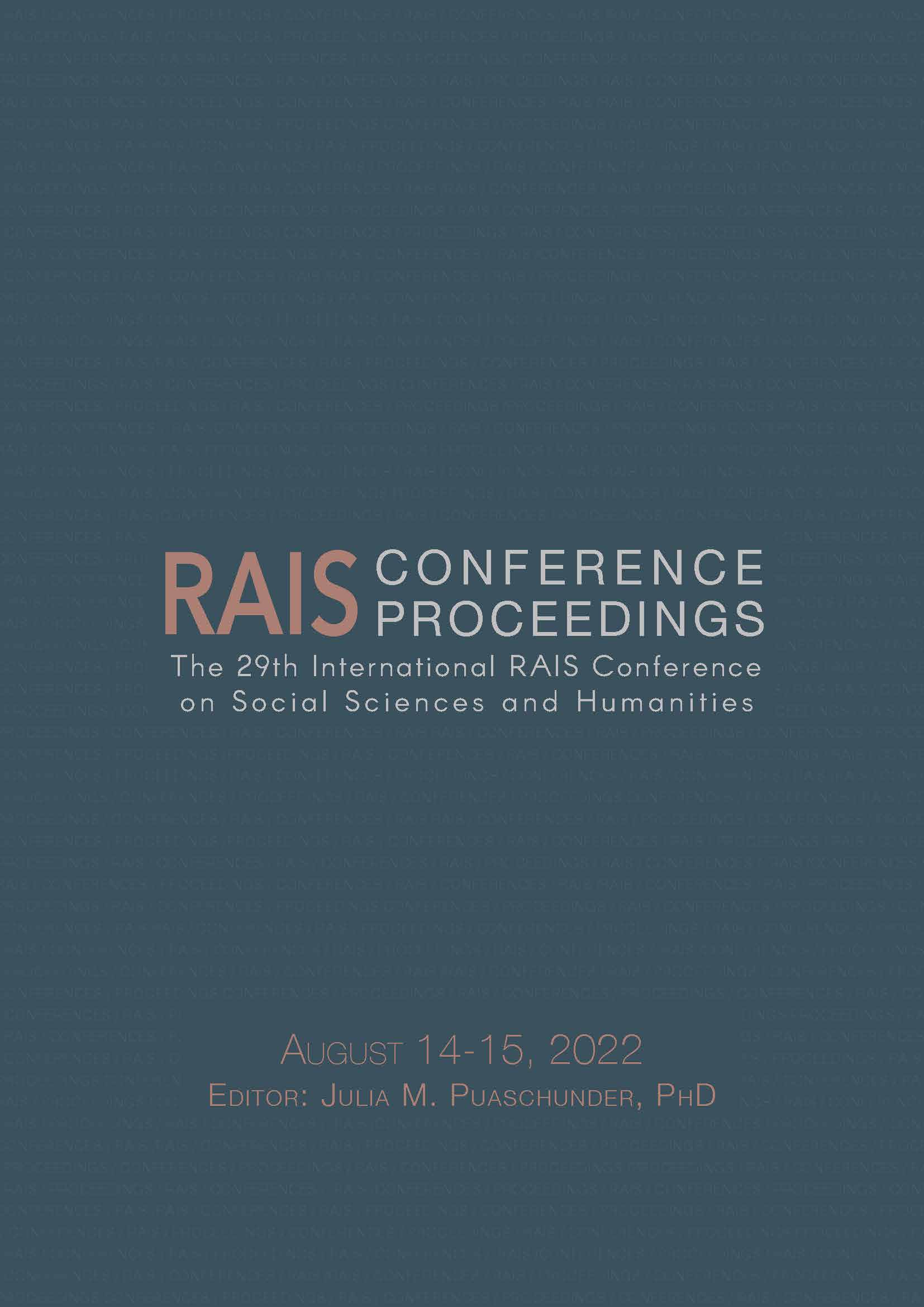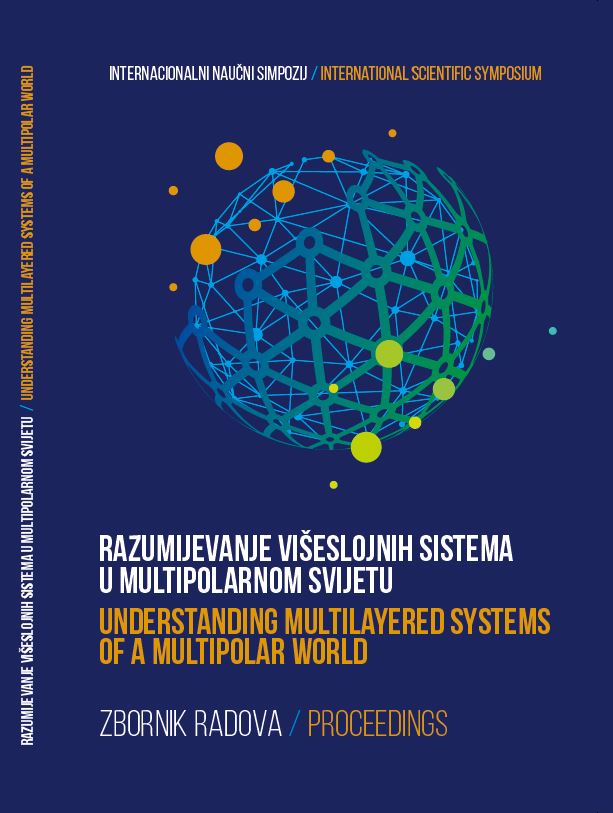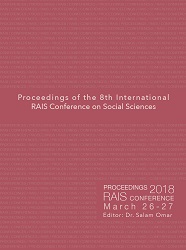
Comparative Analysis of the Thermal Performance of Selected Public School Classroom Buildings in Lagos, Nigeria
Comparative Analysis of the Thermal Performance of Selected Public School Classroom Buildings in Lagos, Nigeria
Keywords: hermal Performance; Building Envelope; Thermal Comfort, Public Primary Schools; Lagos Metropolis
Limited research has been carried out on school buildings in Africa, especially for children below the age of 11. The aim of this research was to assess the thermal performance of the building envelopes of selected public school classrooms in Lagos Metropolis, in order to have an assessment of the impact of thermal performance (measurement of the environmental factors) on pupils’ comfort. A two stage method of sampling was used; a purposive method to select 5 samples from each of the 6 educational districts in Lagos and then random selection of schools. Questionnaires were administered to 5 pupils per school. Subjective and objective measurements were carried out according to class II field experiment method and in consonance with ASHRAE’s (American Society of Heating, Refrigerating and Air-Conditioning, Engineers) standards. Results showed that classrooms on the mainland had a significantly higher performance than those on the Island. Recommendations were made for future provisions of classroom designs to be suited to the microclimate of their locations and tailored towards the enhancement of activities at the hottest periods of the day and year, and no single design template should be adopted for use on various sites.
More...
